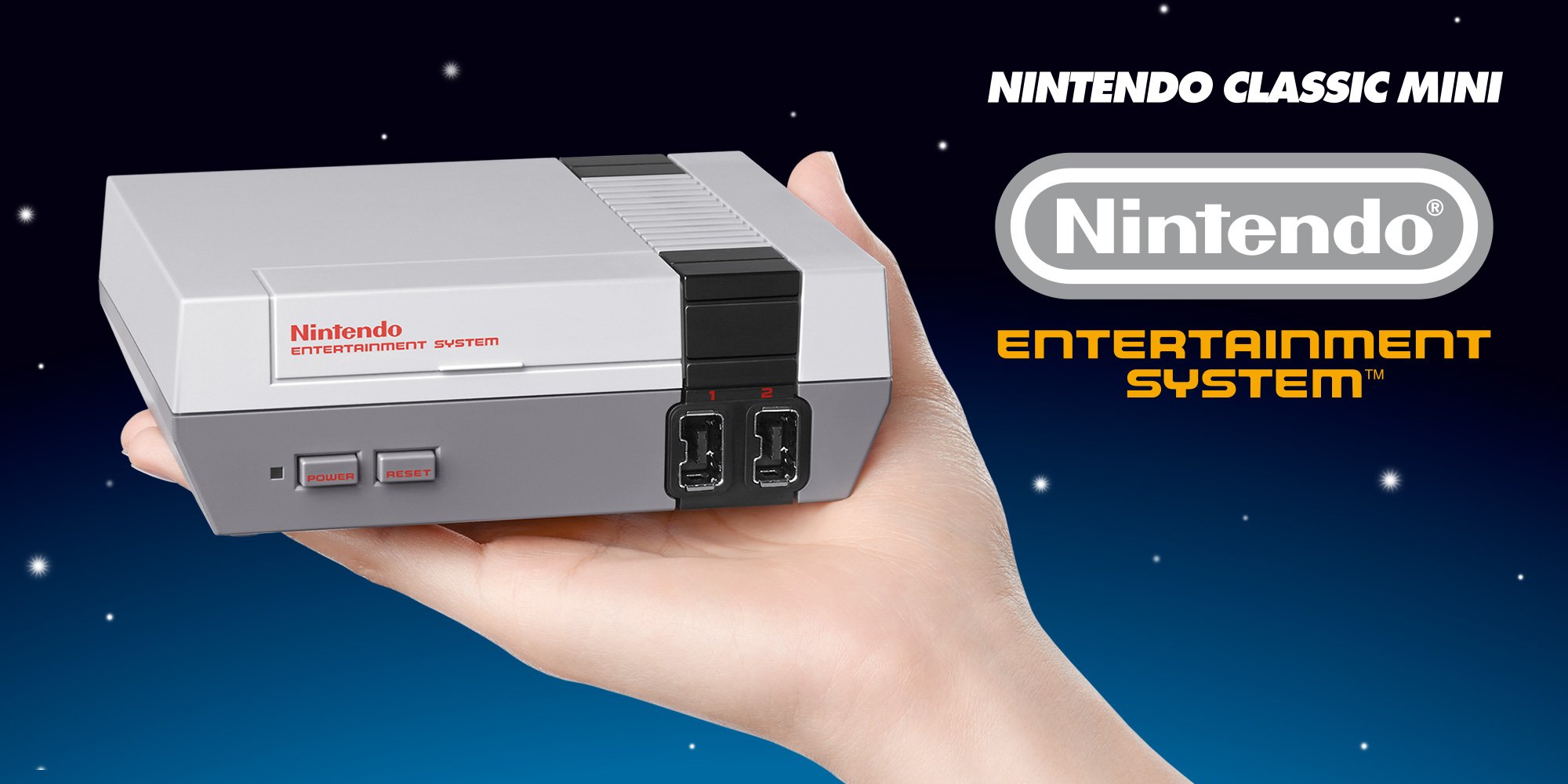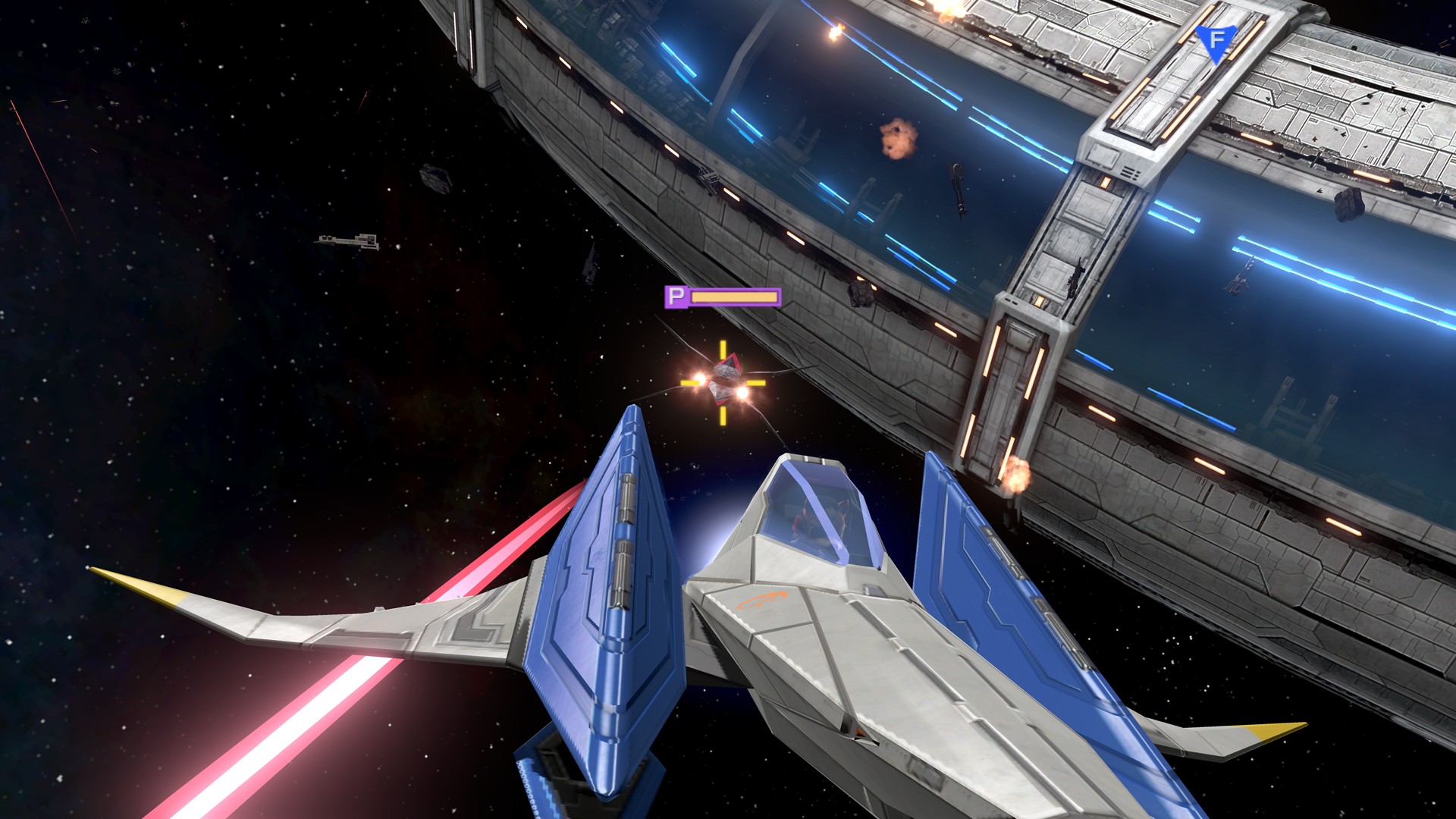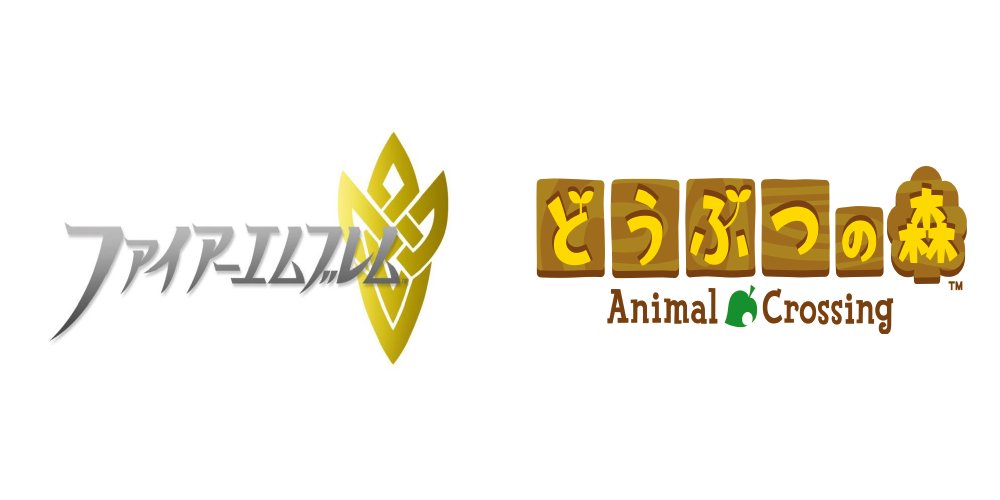Pokemon Go will do more to help sell the NX than the Wii U ever will
The perception of Nintendo as a struggling company has been a hard one to shake (simply google "Nintendo is doomed" and whatever year you like for a variety of examples), even though it's kept on trucking for over 100 years, and will likely continue to do so for the foreseeable future. It's certainly had lean times, and Nintendo's inability to bottle lightning again after the smashing success of the Wii has perhaps led to some of its leanest, as the Wii U trails behind both the PlayStation 4 and the Xbox One after four years on store shelves.
And then Pokemon Go happened.
Almost overnight, Pokemon Go exploded into a massive cultural phenomenon. People everywhere are firing up the app to catch little cartoon rodents while they go about their daily business; people I never would have considered even remotely interested in Pokemon, let alone video games. You can't go a day on the internet without seeing videos of huge crowds rushing through a park or busy urban area where a rare Flareon suddenly showed up. It's huge; unbelievably, massively huge in a way that Nintendo hasn't seen since the launch of the Wii.
Nintendo's not directly responsible for its development (though former CEO Satoru Iwata did help envision the concept before he passed, production largely fell on Ingress developer Niantic), and the Pokemon brand is technically owned by The Pokemon Company (a joint venture between creators Nintendo, Game Freak, and Creatures), but that hasn't stopped Nintendo from receiving a massive bump on the stock market. Nintendo's market cap has doubled to $42 billion since launch, which basically means that investors see Nintendo as a bigger, more valuable company than the entirety of Sony. Once the craze starts to calm down the stock will likely level off a bit as a result (and it already has, by 13 percent due to a delay in Nintendo's home territory of Japan), but there's no denying that it's absolutely huge for Nintendo.
Then there's the NES Classic Edition (colloquially known 'round these parts as the NES Mini), which Nintendo announced a few days after Pokemon Go fever swept dozens of countries. It's a tiny replica of the Nintendo Entertainment System, loaded with 30 classic games from a variety of genres and publishers. It's $60, and while it definitely has appeal to hardcore Nintendo fans, it's meant more for people who may not have owned a Nintendo system in years (or any video game console, for that matter), but still have fond memories of playing Super Mario and just want a simple thing they can hook up when the mood strikes and put away easily. It's the first time Nintendo has officially offered its games on a platform that isn't one of its main consoles since the Phillips CD-i.
It's a one-two punch of mass-market nostalgia that has people talking about Nintendo in a way that they haven't done for years. People are excited about Nintendo; investors, casual fans, and people who have stuck around the beginning all buzzing about the future of the company, about what its next mobile games are going to be like, what the NX is going to be like. Combined with Nintendo's showing of the stellar-looking, trend-bucking Legend of Zelda: Breath of the Wild, Nintendo's had a monumental summer. This is important to note, especially as Nintendo approaches 2017.

The Wii U has been an albatross around Nintendo's neck since it launched in 2012. It had a ton of third-party support for the first few months or so, but outside of a handful of independent developers, Nintendo's been the only one keeping it afloat with software. The tablet is an ungainly piece of tech, either adding very little in the form of separating the map or inventory screen, or adding too much, and giving us horribly misguided games like Star Fox Zero. That tablet is also likely very expensive to produce, and is probably one of the reasons why Nintendo hasn't been able to drop its price since launch. Outside of making the deluxe 32 gigabyte version available at the entry-level $300 price tag and bundling some games with it, its price hasn't budged, and people waiting for a markdown to happen will likely keep waiting until Nintendo officially pulls the plug on it.
Sign up to the GamesRadar+ Newsletter
Weekly digests, tales from the communities you love, and more
Reception of a Nintendo console hasn't been this bad since the GameCube, and the GameCube was doing significantly better sales-wise over its lifetime. And as Nintendo entered 2016, there were doubts as to what it would look like for the publisher, whose 3DS and Wii U output have been equally lean. After (the admittedly great) Tokyo Mirage Sessions, the last game Nintendo has officially announced for the rest of the Wii U's 2016 is Paper Mario: Color Splash, a game that isn't exactly going to move units. Going into 2017, into the realm of the unknown with the NX, things felt uncertain. Nintendo had amiibo, and it was making money, but its future as a console and game designer coming off of the Wii U felt tenuous.
And then the last month happened. Nintendo went from a confused, out-of-touch company to a mobile power-house, one who has used its stable of memorable characters not to just push consoles to few outside of the already converted, but to push out into the mainstream once again. Now, Nintendo isn't just a company that uses nostalgia to make the same games over and over again, it's one that uses it to find new ways to innovate, to surprise and excite people.

The past month doesn't remove its prior missteps, some of which are incredibly recent - Star Fox Zero still exists, as does the Wii U - but it shows a side of Nintendo that we rarely get to see: one that's limber, actually capable of adapting to a changing marketplace rather than forcing something onto the public that it doesn't want. Its partnerships with DeNA and Niantic were steps in that direction, and along with its new "Classics" line (which begins with that NES Mini), it shows that Nintendo is willing to accept that some people just don't want to buy consoles. "That's fine," Nintendo says. "Here's something just for you."
But even with the focus on mobile and other ways for Nintendo to sell its games, it's still very much in the console business, and the NX is its opportunity to bring everything together, and the biggest thing Pokemon Go and the NES Mini do for Nintendo is allow it to pivot off of the positivity of its recent successes rather than the negativity of its past blunders. Public perception goes a long way, and right now, the public sees Nintendo not as a failure for its mishandling of the Wii U, but an exciting company making things no one else is making with the characters it loves. It now has a huge potential audience to reveal its new console to. Not all of them will bite, naturally - some are more than happy with the few options Nintendo is providing outside of its console ecosystem - but many probably will; certainly many more than those who would have before Pokemon Go, when all anyone could talk about was how awkward the Wii U's tablet was, or how needlessly expensive it was, or how underpowered it was compared to the competition. People are excited about the potential in the NX, and not just hardcore Nintendo fans - Ubisoft CEO Yves Guillemot said on a recent earnings call that he believes the NX will "take a lot more casual players back to the industry." How that will happen is still a mystery until Nintendo officially unveils it, but it's clear that mobile is going to be a key part of its unified business plan, with the NX likely at the center of it all.

This is exactly what Nintendo meant when Iwata unveiled Nintendo's mobile strategy in 2015, and it's exactly what's happening. It's using mobile (in addition to other sources, like its Classics line) to generate interest in different consumer groups in order to improve its brand as a modern console maker. I've wondered why Pokemon Go doesn't try to ram its microtransactions down players' throats - they're certainly there, but you don't have to spend a dime to properly enjoy it, and unlike many other mobile games, you're not penalized with timers and other limiting factors as a result of not spending - but I began to think about Iwata's plan, and it makes total sense. Nintendo wants to use its mobile games not just as a way to make money (though it's doing fine there), but as a way to increase the value of its brand. It's not viewing its mobile customers as potential whales within a single app's ecosystem, it's viewing them as future console owners, and a $300 console purchase has more value, both to Nintendo and the person who buys it, than $300 in throwaway gems.
At its heart, Nintendo is a console developer. It's made consoles and made games for those consoles for decades now, and I want to live in a world where Nintendo can continue to do so for decades to come. The past month has shown the beginnings of a bright future for Nintendo, where the beloved publisher can not only create mobile game hits, but work toward building a sustainable business model for itself; where it views its three pillars - mobile, console, and merchandising - not as three separate sectors but as a symbiotic relationship. We're already seeing the beginnings of that now, and if Nintendo can keep that momentum going into 2017 (and with mobile versions of Animal Crossing and Fire Emblem on the way, there's a good chance it will), Nintendo will be more than ready by the time the NX comes along.



